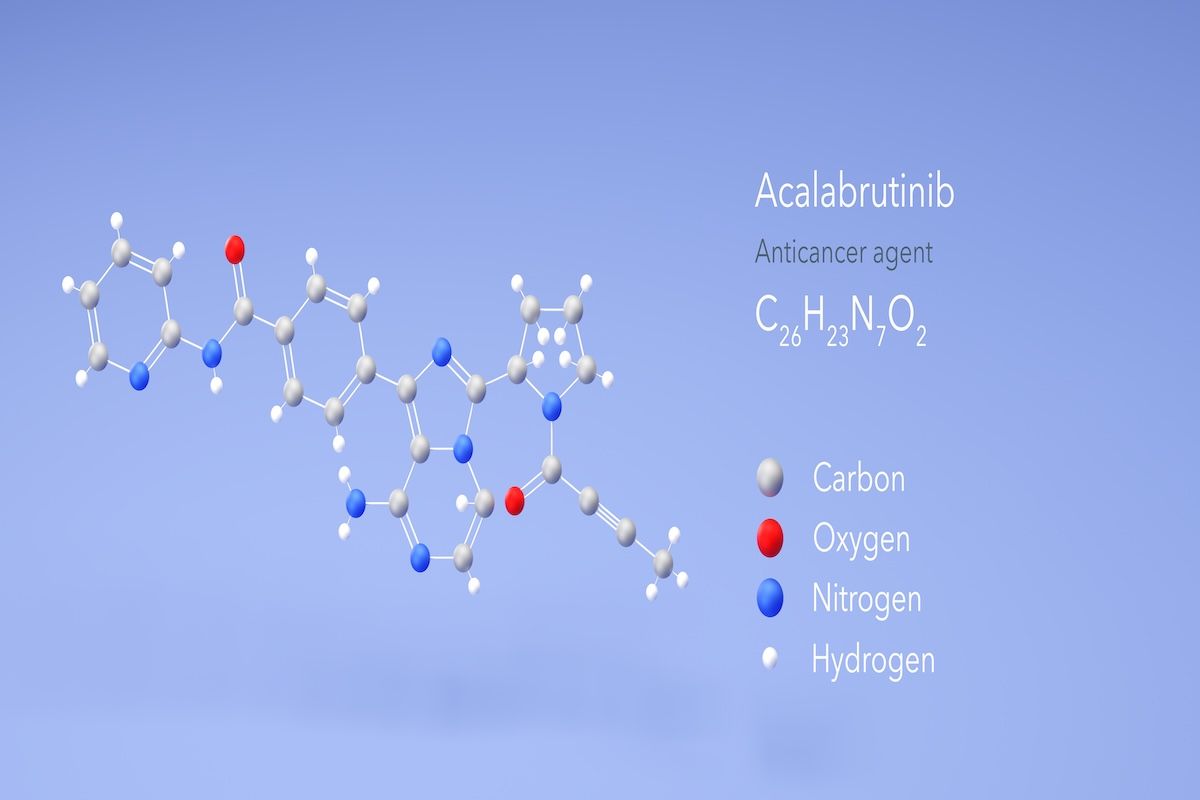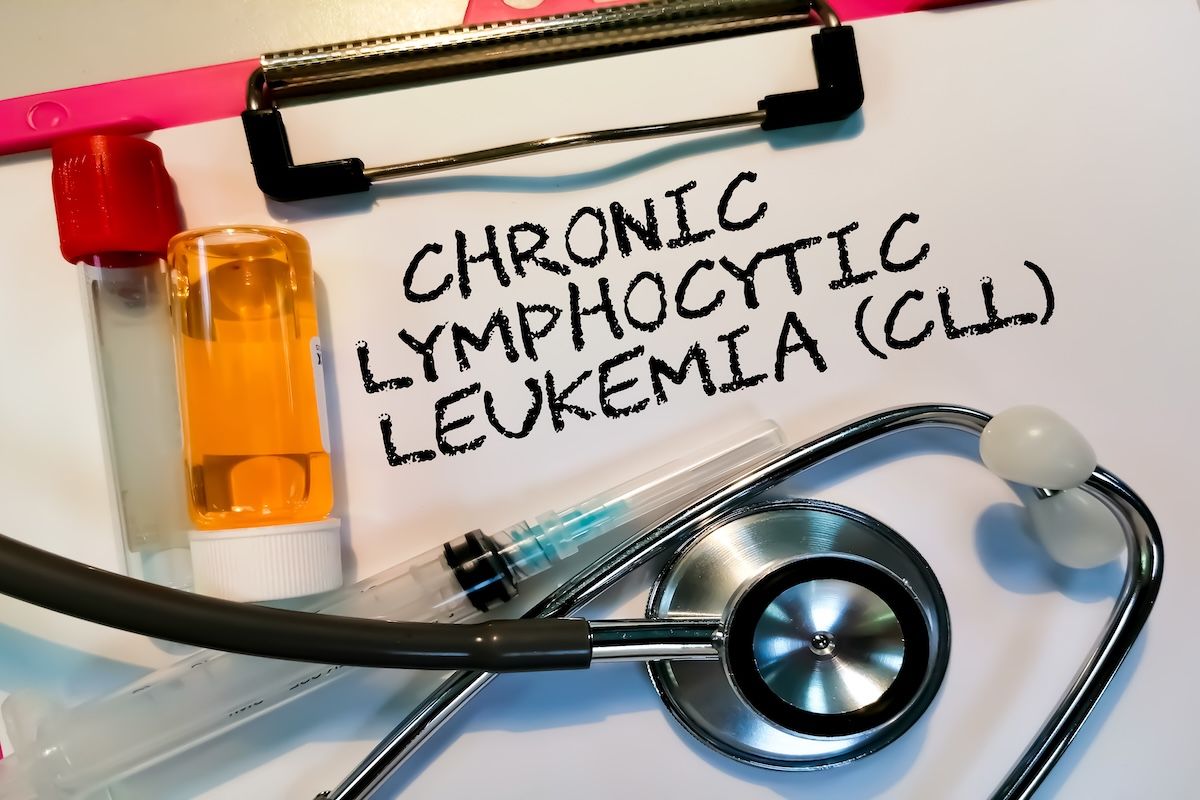
Hematology
Latest News
Latest Videos

Shorts





Podcasts
CME Content
More News

Ongoing phase 3 trials target improved therapies for hematologic malignancies, focusing on CLL, multiple myeloma, and pediatric leukemia outcomes.

The results of the phase 3 MajesTEC-9 trial showcase teclistamab's efficacy for patients with relapsed/refractory multiple myeloma, explained Roberto Mina, MD.

The FDA believes that data on MRD and complete response can expedite new drug delivery compared with long-term survival indicators.
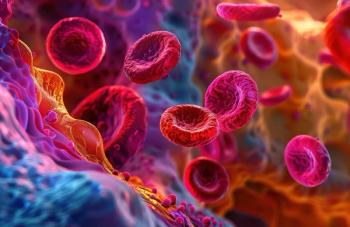
IGHV-unmutated CLL comprises 2 distinct epigenetic subtypes with different B-cell maturation signatures and genetic alterations, a study found.
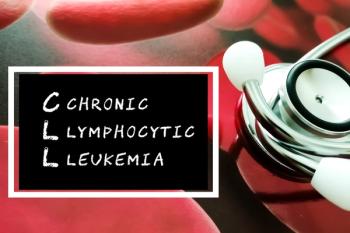
Richter transformation with CNS involvement in CLL presents a poor prognosis, highlighting the need for tailored treatment strategies and further research.

Teclistamab was approved to treat relapsed/refractory multiple myeloma under the FDA’s accelerated approval pathway in October 2022.

Patients with mantle cell lymphoma experienced better survival rates when treated at academic centers compared with community facilities.

Frontline zanubrutinib regimens achieved objective response rates of 100% with deep remissions in older patients and younger, high-risk patients with MCL.
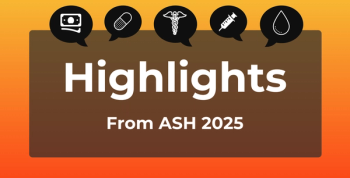
ASH 2025 highlighted innovative cancer treatments, including in vivo CAR T therapy and options that enhance quality of life while reducing burdens.
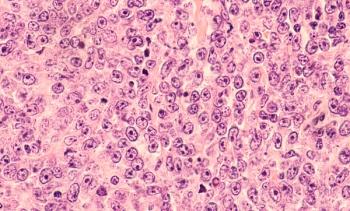
In the EPCORE DLBCL-3 study, fixed-duration epcoritamab monotherapy delivered deep, durable responses with manageable toxicity in older, chemotherapy-ineligible patients with LBCL.

Highlights from EHA 2025 included use of bispecific antibodies in more settings and novel approaches for improving outcomes in hard-to-treat patients.

Sequential BTK and BCL2 inhibitors yield high initial response rates, but durability remains a challenge in the real-world setting for CLL.

The FDA approved subcutaneous mosunetuzumab for relapsed follicular lymphoma, providing a more convenient outpatient option.
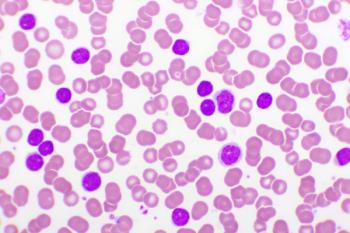
With a follow-up of up to 6 years, the median progression-free survival for long-term extension participants was 52.5 months.
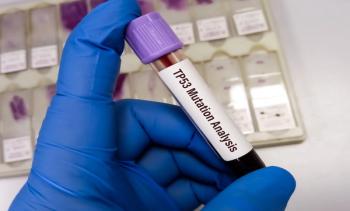
Adequate CD19-positive cell content is required to reliably identify both dominant and subclonal TP53 mutations.
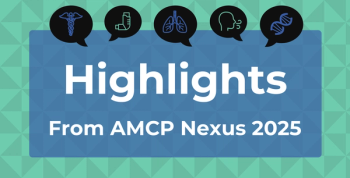
AMCP Nexus 2025 explored innovative health care policies, oncology advancements, and the impact of new regulations on patient access and treatment outcomes.

New research highlights INCA033989's potential in treating mutCALR-driven essential thrombocythemia and myelofibrosis, achieving significant molecular responses.

FDA has granted sonrotoclax priority review for relapsed mantle cell lymphoma, showcasing promising trial results.

A study reveals a U-shaped relationship between BMI and CAR T-cell therapy outcomes in multiple myeloma (MM), highlighting the impact of overweight status on efficacy.

AI, especially deep learning applied to blood smear imaging, can greatly improve the speed and accuracy of leukemia detection and subtype classification.

The analysis found that zanubrutinib provides similar progression-free survival to fixed-duration venetoclax plus ibrutinib but with consistently fewer serious side effects, suggesting a more favorable overall safety profile.

Clark Alsfeld, MD, discusses how telemedicine, pharmacists, and evolving policies help overcome financial and geographic barriers in oncology care.

Research challenges age cut-offs in AML treatment, advocating for flexible, individualized approaches based on continuous age assessment.

The FDA approved daratumumab and hyaluronidase-fihj (Darzalex Faspro), offering a new treatment for high-risk smoldering multiple myeloma.

Marcus Flores, PharmD, BCPS, BCOP, discusses the vital role of pharmacists in multidisciplinary cancer care, exploring collaboration, patient-centered strategies, and AI.
